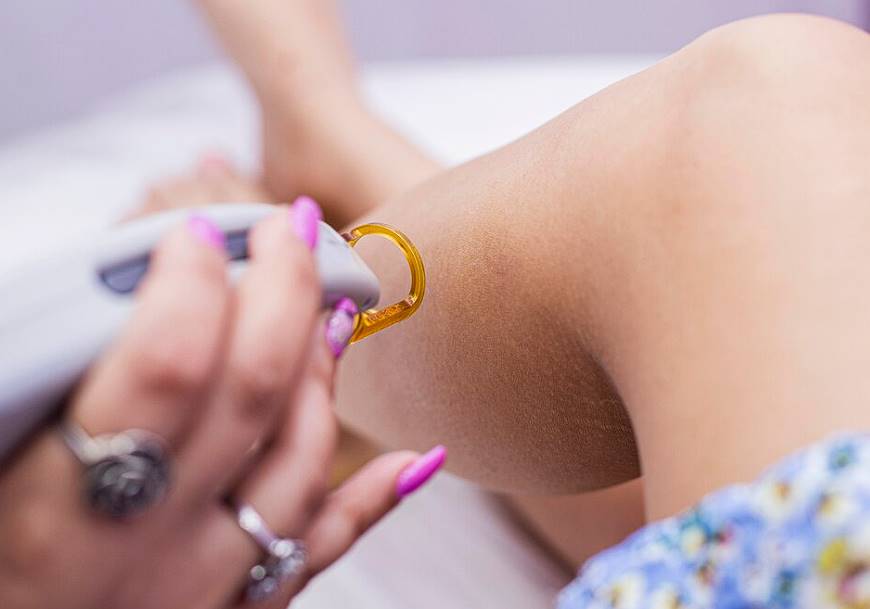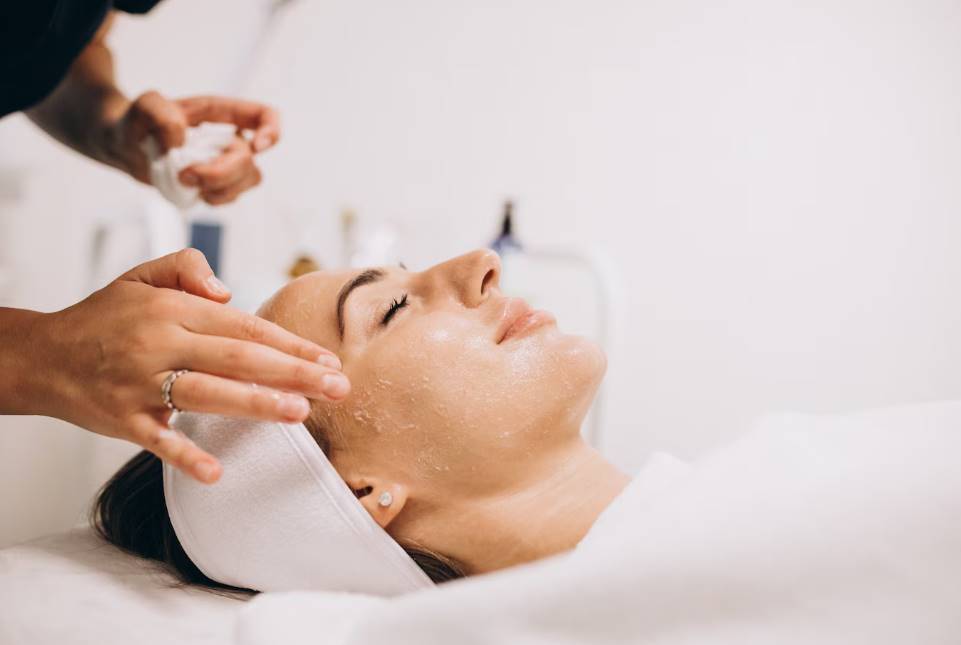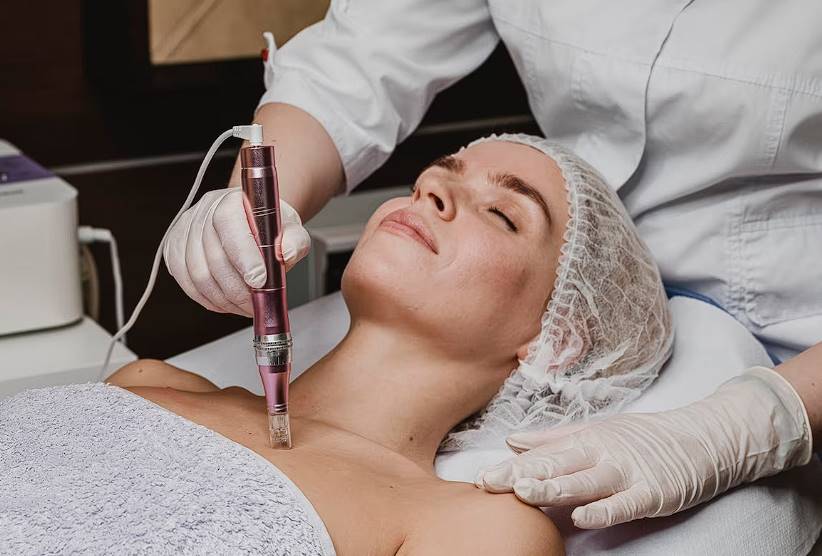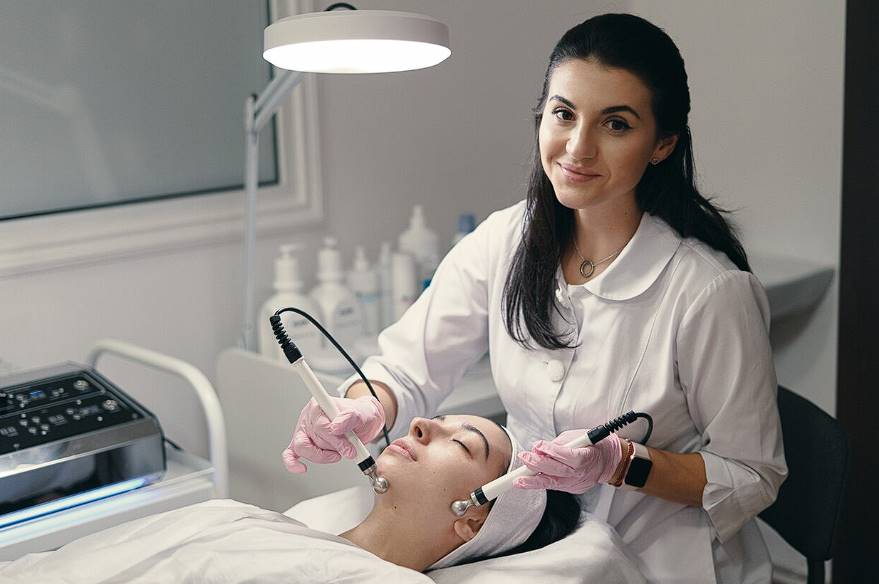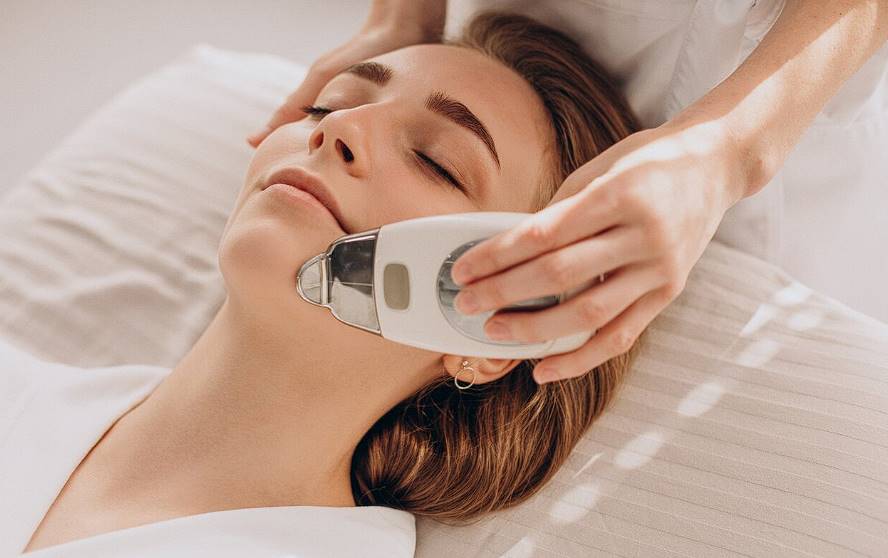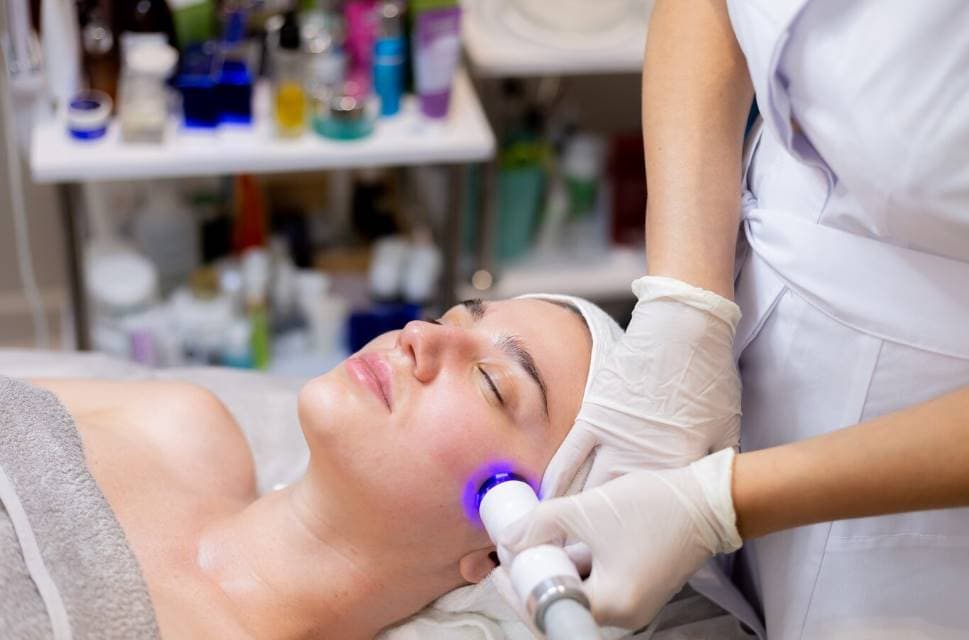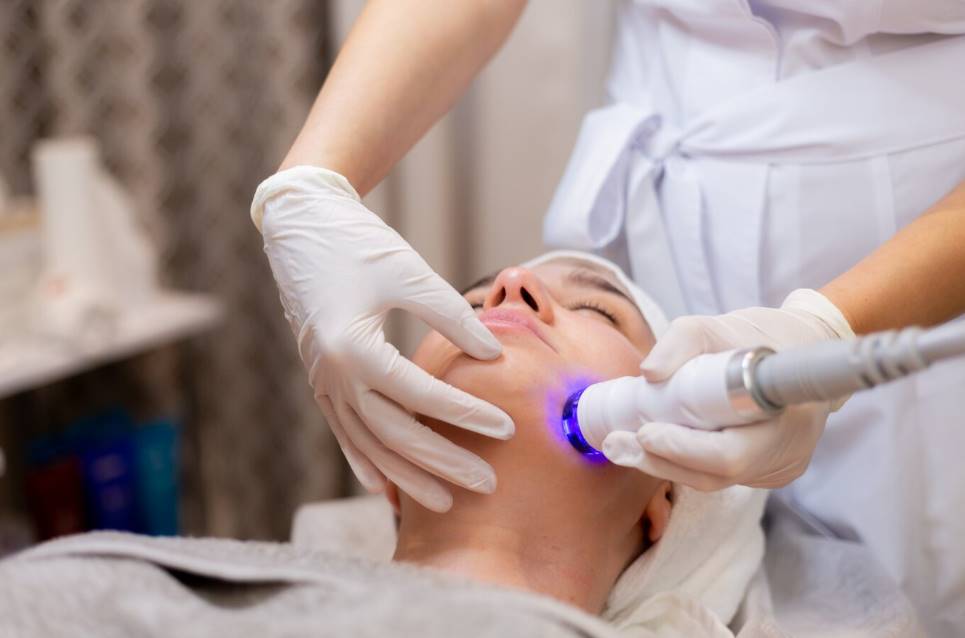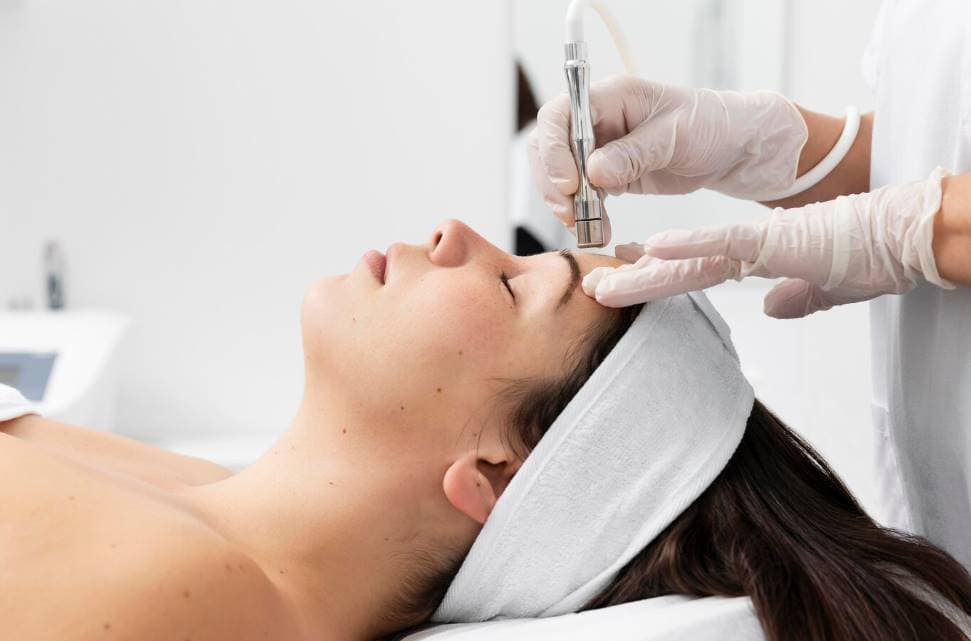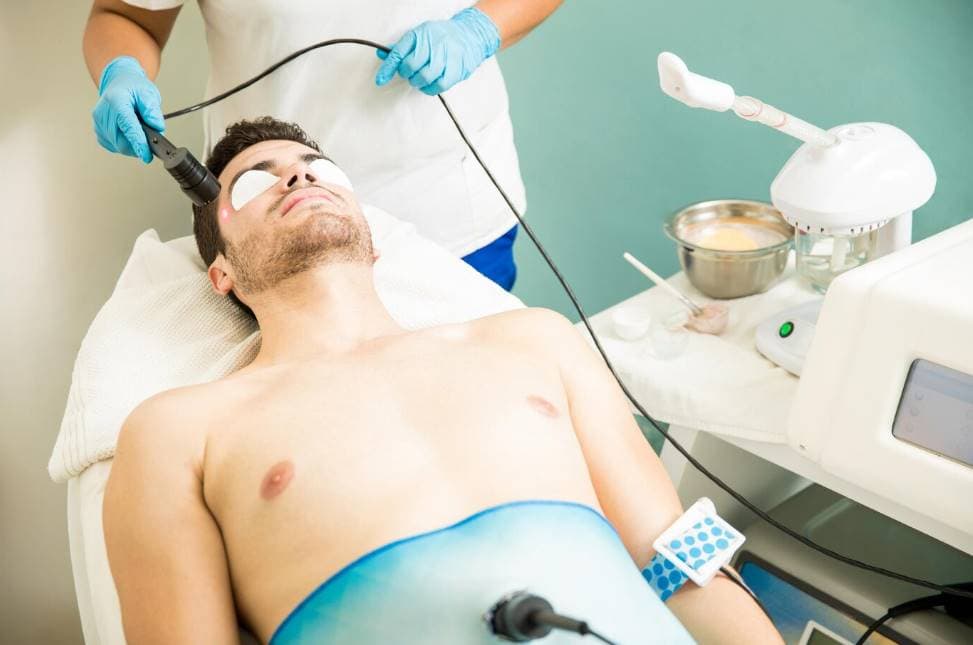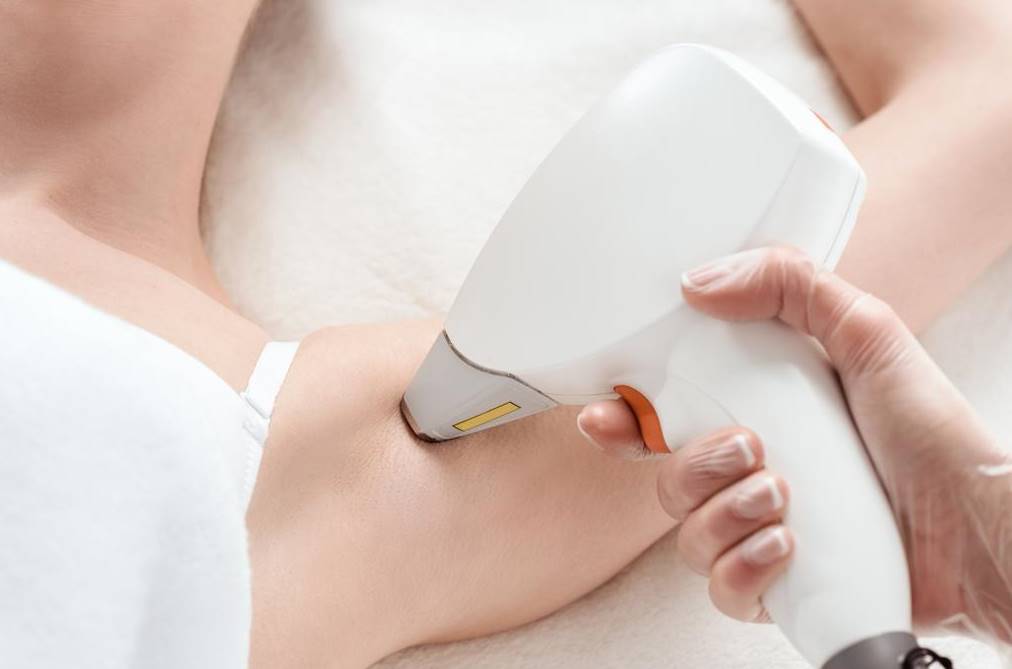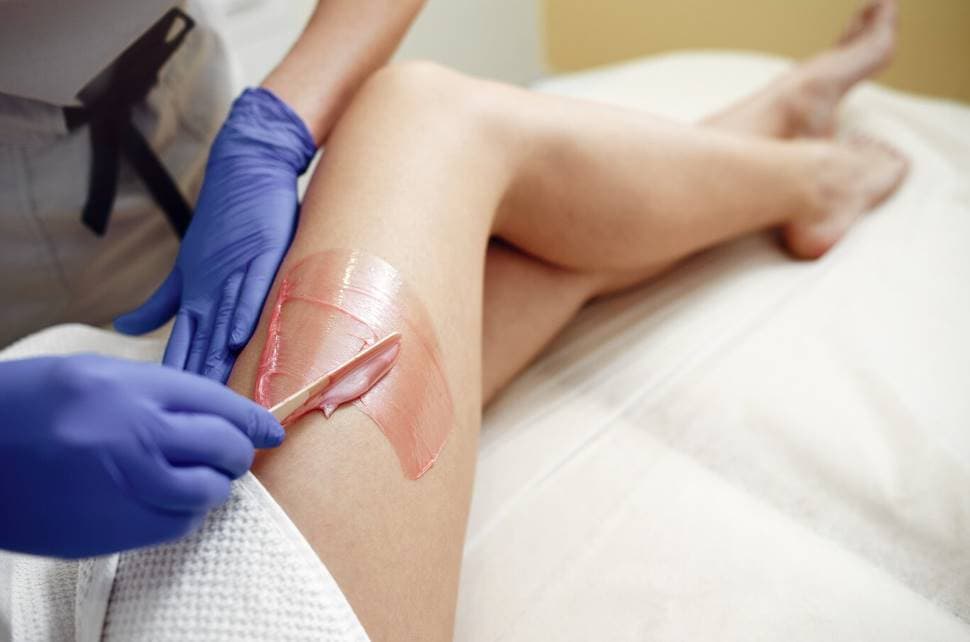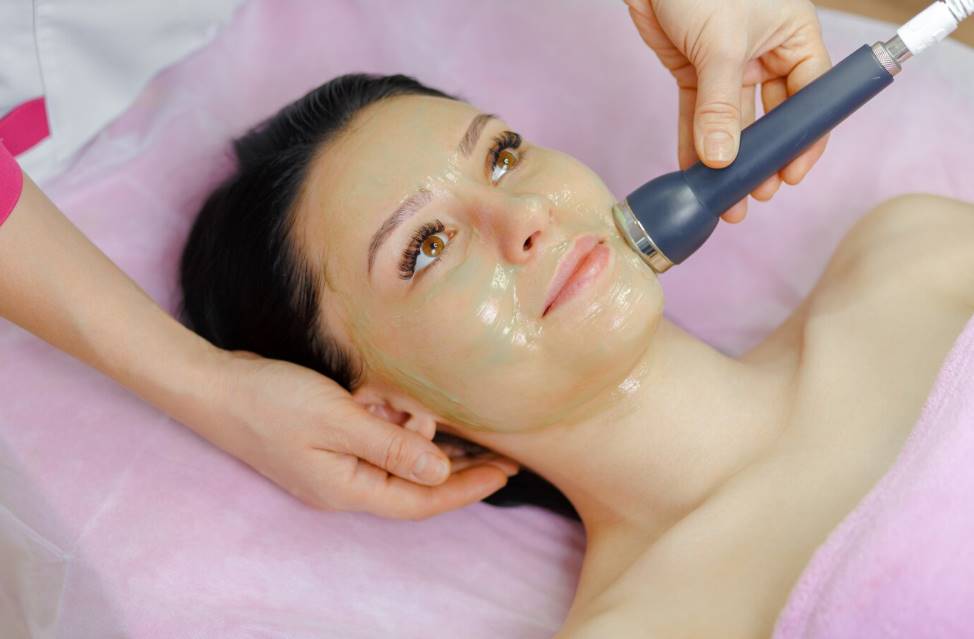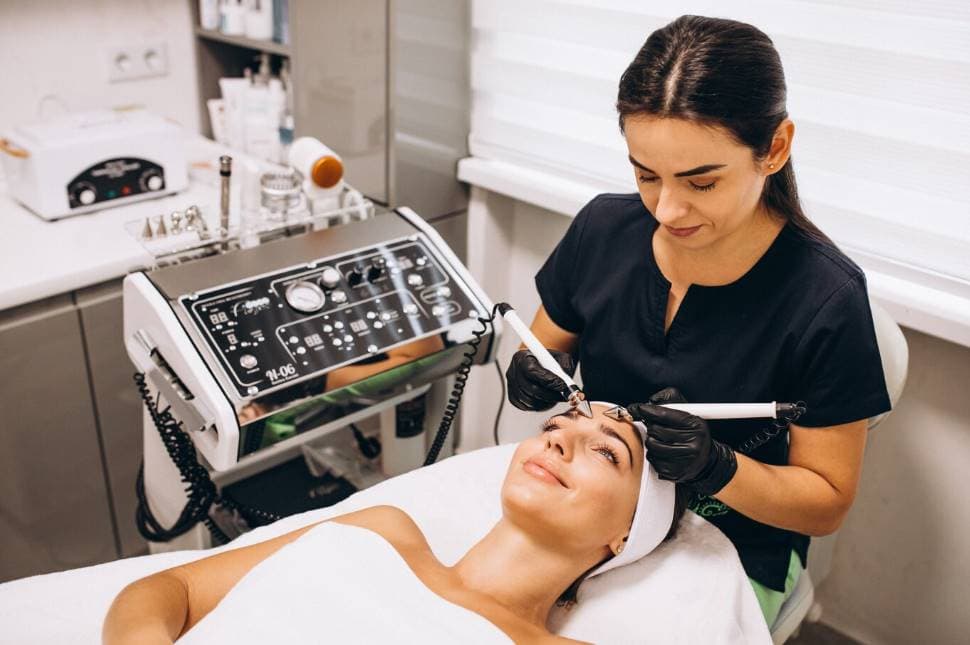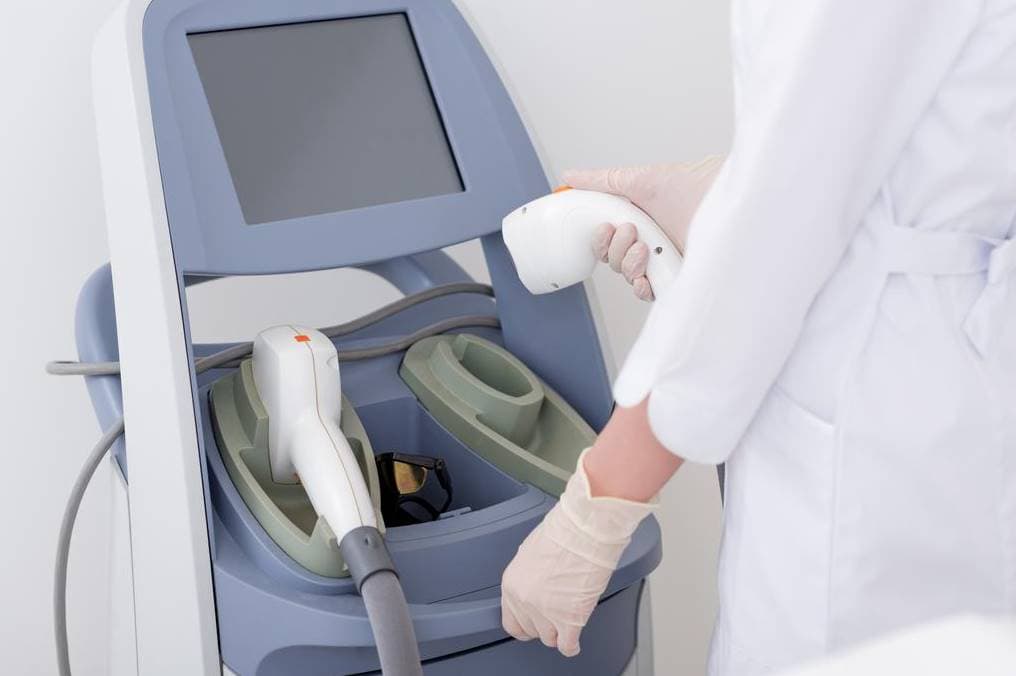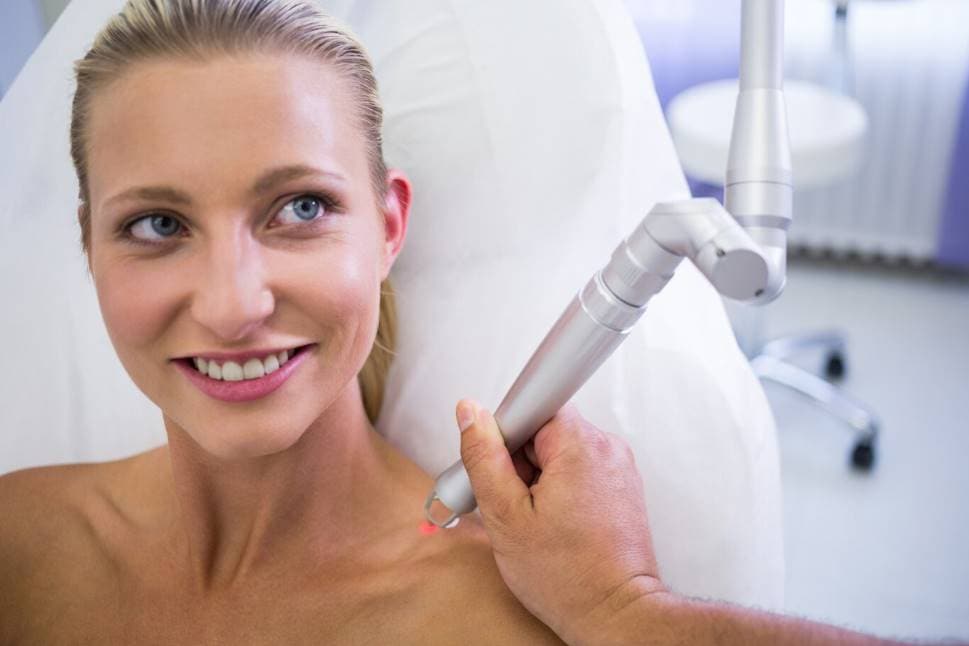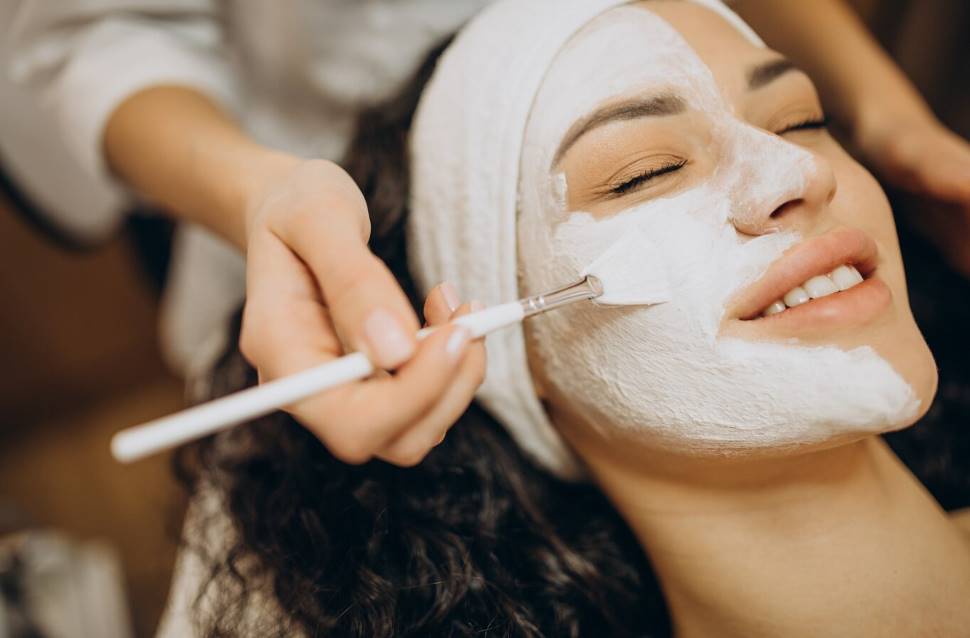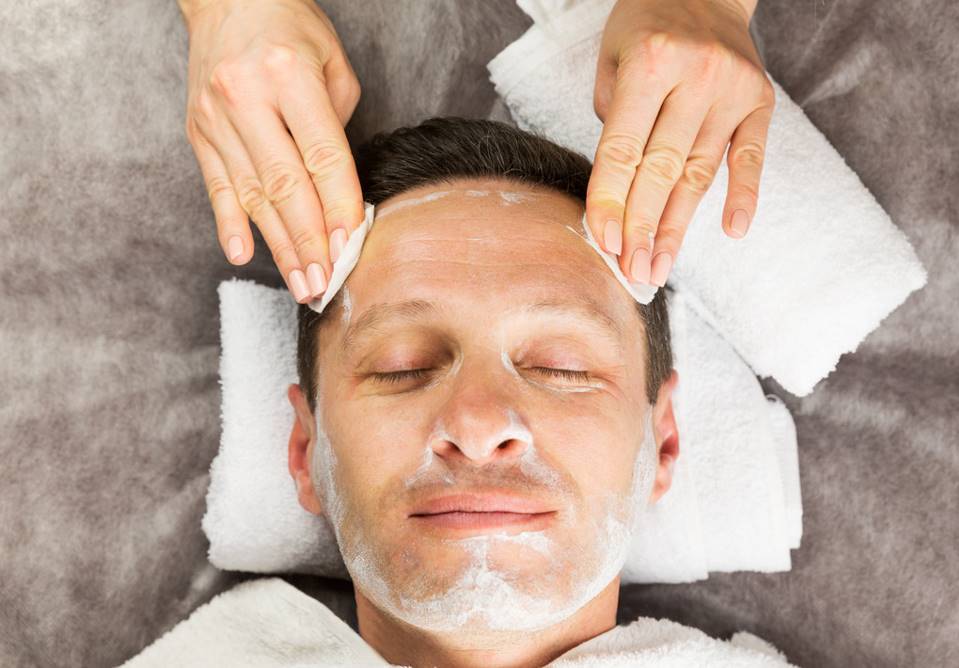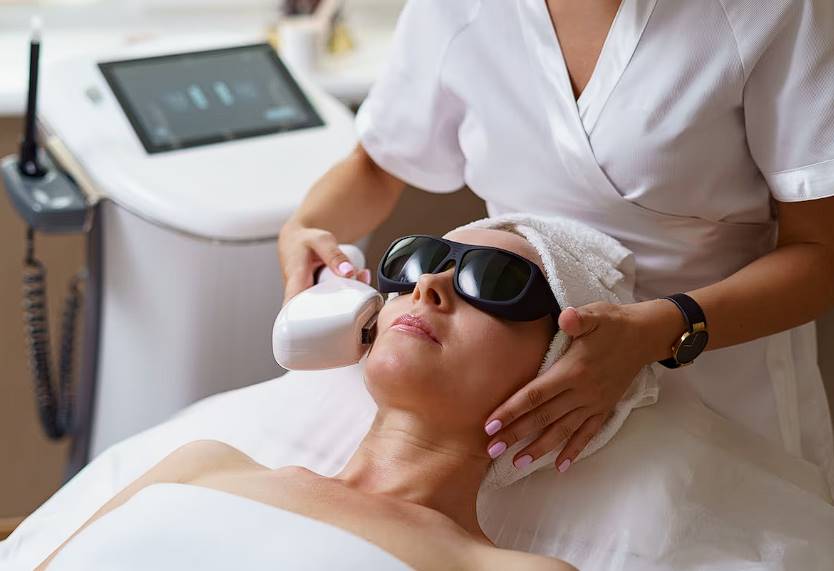The practise of getting a tattoo is one that has been celebrated by people all across the world for hundreds of years. Still, not every tattoo can weather the storm of life and change.
At any age, a person might experience tattoo regret, the unsettling sensation that they made the wrong choice after getting inked. Reasons for tattoo remorse are as varied as the tattooed bodies they adorn, ranging from hasty decisions to shifting priorities to poorly done designs.
Those who have ended up with unsought body art need not despair. Laser tattoo removal is a game-changing option that allows patients to remove unwanted tattoos without causing any harm to the surrounding skin.
Learn more about tattoo regret and how laser tattoo removal can help you start over in this comprehensive guide. Come along as we explore how laser tattoo removal works, what factors into the procedure, and how it might help people move on from tattoo regret.
What Are The Common Causes Of Tattoo Regret?
According to a survey of 2,225 adults, the following are the most often cited reasons for tattoo remorse:
- When they got the tattoo, they were still too young.
- Either they went through a character transformation or the tattoo no longer represents who they are.
- They memorialised their ex by getting their name tattooed on their body.
- The tattoo clearly wasn't done by a professional or looks amateurish.
- They don't see any significance in getting the tattoo.
Participants in another survey were asked to name the parts of the body where ink was placed that they later came to regret. The majority of people mentioned their upper back, upper arms, hips, faces, and posteriors. Check out some of the most well-liked tattoo removal clinics' before-and-after pictures below.
Some people will constantly remember the joy and pride they felt when they got their tattoo. Some of our clients have shared with us that the onset of regret often occurs the day after the event.
Nearly a quarter of those who expressed remorse within the first few days had made an impulsive decision, while only five percent of respondents said they had carefully planned their tattoo over the course of several years. About 21% indicated their regret began around the one-year mark, while 36% said it was several years before they began to question their choice.

How Does the Tattoo Removal Process Work?
Since its initial application in the realm of cosmetic enhancements in the 1960s, laser technology has evolved impressively. Nowadays, the sophistication of tattoo elimination techniques is comparable to those employed in anti-ageing treatments, skin rejuvenation, and hair reduction.
During tattoo removal, lasers direct quick, high-intensity light beams towards the tattooed area, breaking down the ink pigments into tiny particles. Subsequently, these microscopic particles are naturally expelled by the individual's immune system, effectively diminishing the appearance of the tattoo.
Nonetheless, the complete removal of a tattoo usually requires multiple treatments. This is due to tattoos often consisting of several layers of pigment. The efficacy of the removal process depends on various factors, including the tattoo's location, size, and ink density. Still, many individuals have reported a significant reduction in visibility even after a single session.
Consider Carefully Before Getting Inked
Tattoos can carry a significant emotional weight, and their removal can bring a renewed sense of self-esteem and body positivity to both men and women. Although it has become increasingly possible to remove tattoos, the decision to get one should not be taken lightly.
Ink compositions can differ greatly, and not all are equally amenable to laser-based removal methods. This is particularly true as many professional tattoo artists use proprietary ink mixtures that can be highly resistant to laser treatment.
Therefore, caution is advised when choosing a tattoo artist. Attractively low prices could be a warning sign of inferior-quality ink, which not only may be difficult to remove but could also lead to complications.
What Are The Benefits Of Laser Tattoo Removal?
According to Comparecamp, 36% of persons aged 18-29 have at least one tattoo, while only 11% of people aged 50-64 have any. As more and more individuals get tattoos, there is also a greater demand for quick, efficient, and painless removal methods. Let's have a look at the main advantages of tattoo removal with a laser:
Laser Tattoo Removal Is Non-Evasive Treatment
Tattoos can be removed quickly and easily with laser technology. Laser tattoo removal is a painless, non-invasive procedure that employs light radiation to fragment the ink particles embedded in the skin, making them more accessible to the immune system.
This is the first of several advantages of laser tattoo removal that we will discuss. This laser technique is a non-invasive method since it just removes the ink from the tattoo, leaving the skin around it untouched.
Safest Way Of Tattoo Removal
Laser tattoo removal is safe, which is an additional benefit. Since the risk of infection is so low, this method of tattoo removal is among the safest, most side-effect-free options available.
No Scarring
The tattoo fades away entirely because the laser light only affects the cells contained within the tattoo, sparing the surrounding skin.
The body's inherent capacity for skin regeneration ensures a natural appearance following treatment. During the healing process, we may recommend topical lotions or gels to assist reopen your pores and facilitate the production of new skin.
Laser Tattoo Removal Has Minimal Recovery Time
After having a laser tattoo removed, your skin needs to be shielded from the sun for a few days. The treated area will have less visible tattoo ink and may be red immediately after treatment, but this will fade within a few days and have no long-term consequences on the surrounding skin. This method, which uses a laser that is both safe and effective, has been cleared by the FDA for use in the removal of tattoos.
This Tattoo Removal Method Has Long-Term Benefits
Laser tattoo removal has a long-lasting effect, which is one of its main advantages. Tattoo removal lasers are among the numerous available alternatives, but they are among the most efficient.
Break Down All Ink Colors
One of the best things about laser tattoo removal is that modern lasers can destroy the vast majority of tattoo inks. The PicoSure laser makes it simple to get rid of unwanted tattoos.
For instance, the 755nm wavelength is effective at treating blue, green, and black tattoo inks, while the 532nm wavelength is effective at treating red, yellow, and orange ink colours.
Based on the tattoo's size and colour scheme, our experts will provide an estimate of how long it may take to remove it completely.
Works On Different Skin Color
One further advantage of laser tattoo removal is that it is effective on a wide range of skin tones. Even those with hypersensitive skin can use it without worry.
Emission spectra, wavelengths, and even settings must be modified for various skin tones. For instance, the number of pulses applied per square centimetre for dark skin is more than that for fair skin.
Any Size Tattoo Can Be Removed
Laser tattoo removal has a high rate of patient approval. Because of its pinpoint accuracy, the PicoSure laser can break up even the most stubborn inks and remove tattoos of any size or colour.
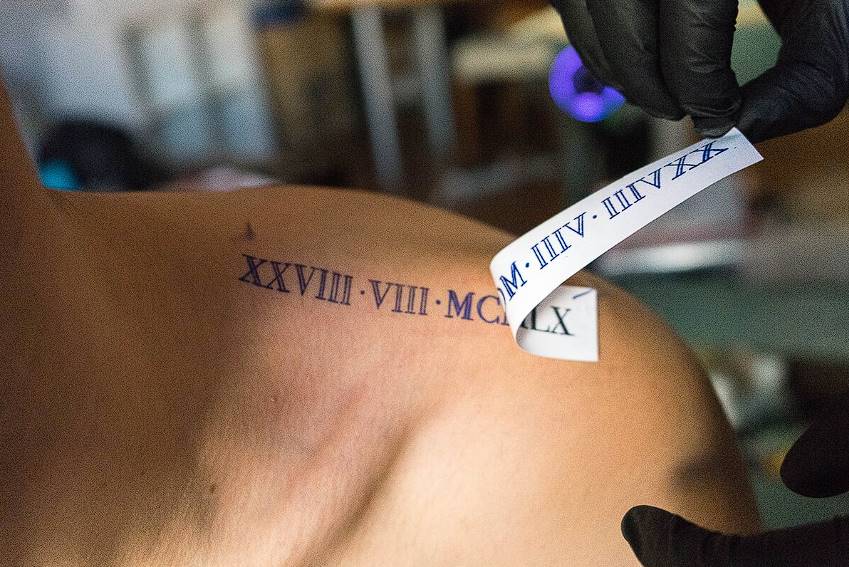
Is Laser Tattoo Removal Worth It?
You are not alone in your remorse over a tattoo that at the time seemed like a brilliant idea. It's very normal to become tired of your tattoo, but the good news is that you don't have to live with it forever.
It's possible that laser tattoo removal is the best option for you. People change throughout time, and so do we. At the age of 36, we may look back on the tattoo that so brilliantly captured our essence when we were 18 and find it quaint and embarrassing. Maybe the artist misunderstood your instructions and inked something you didn't want there.
If you're feeling regretful about a tattoo for whatever reason, we can assist. You may be thinking if getting a laser tattoo removed is really worth the effort. How deeply you regret your tattoo will determine whether or not this is a viable choice for you. If getting rid of it would make your life better, reading up on how laser removal works could be a good idea.
Does Laser Tattoo Removal Really Work?
Yes. Tattoos can be removed effectively with a laser. Consistent tattoo removal treatments yield varying degrees of success for each client. It has the potential to completely eradicate them. You'll see an improvement right away, but it takes repeated treatments to get rid of a tattoo for good.
If you wish to avoid unwanted consequences, like scarring, be patient and carefully adhere to the aftercare recommendations. It's smart to prepare ahead of time because there is a two-month healing period in between laser tattoo removal sessions.
Conclusion
People often have tattoos regret because they made a quick choice or chose a bad design. Laser tattoo removal is a way for people to get rid of tattoos they don't want without hurting the skin around them. Some of the most common reasons for tattoo remorse are being too young, changing your character, getting a tattoo to remember an ex, not getting a professional tattoo, or not seeing the point of getting the tattoo.
Lasers send high-intensity light beams at the tattooed area. These light beams break up the ink colours into small pieces that the immune system then gets rid of on its own. How well the removal process works depends on things like where the tattoo is, how big it is, and how much ink is in it.
Tattoos can have deep meaning and make you feel better about yourself and your body. But getting a tattoo is not something to decide on a whim because there are so many different kinds of ink. It's important to find a tattoo artist who uses high-quality ink since low prices could mean that the ink isn't very good.
As more people get tattoos, there is a higher demand for ways to get rid of them quickly, easily, and without pain. Laser tattoo removal can help you feel better about yourself, make your tattoo less noticeable, and have a more positive view of life.
Laser tattoo removal is a non-invasive, painless process that uses light energy to break up ink particles that are stuck in the skin. This makes it easier for the immune system to get rid of them. This method is safe and doesn't take long to heal. The treated area may be red and have less noticeable tattoo ink right away. The PicoSure laser works on most colours of tattoo ink, and it can be used on a wide range of skin tones, even on people with skin that is very sensitive.
Laser tattoo removal is very popular with patients and can be done on tattoos of any size or colour. Different treatments have different degrees of success, but it takes multiple treatments to get rid of tattoos fully. Scarring is an unwanted side effect that can happen if a patient isn't patient and doesn't follow the treatment instructions carefully. Between laser tattoo removal sessions, the skin has to heal for two months.
Laser tattoo removal is a safe and effective way to get rid of tattoos, with little downtime and benefits that last for a long time. To avoid problems like scars, it is best to be patient and do what the doctors tell you to do.
Content Summary
- Tattoo regret is a phenomenon that can occur at any age, irrespective of when the tattoo was inked.
- The reasons behind tattoo regret are diverse, ranging from impulsive decisions to a change in personal beliefs.
- Laser tattoo removal offers a safe and effective solution for those looking to erase unwanted ink.
- Multiple factors, such as tattoo location, size, and ink density, can influence the effectiveness of laser tattoo removal.
- Initial regret about a tattoo often sets in the day following the inking for some people.
- Laser technology for tattoo removal has significantly evolved since its introduction in the 1960s.
- The laser targets ink pigments and breaks them down into smaller particles that the immune system can easily remove.
- Complete tattoo removal generally requires multiple sessions.
- Careful consideration should be given before getting a tattoo, despite advances in laser removal technology.
- Professional tattoo artists sometimes use proprietary ink blends that may be resistant to laser treatment.
- Tattoos can have a significant emotional impact, and removing them can renew self-esteem.
- With more people getting tattoos, there's an increasing demand for efficient and painless removal methods.
- Laser tattoo removal is non-invasive and leaves the surrounding skin unharmed.
- The method is safe and carries a low risk of infection.
- Post-treatment scarring is virtually non-existent as the laser targets only the tattoo.
- Laser tattoo removal typically involves minimal recovery time.
- Protective measures, such as avoiding sun exposure, should be taken post-treatment.
- Any redness or swelling usually fades within a few days.
- The long-term benefits of laser tattoo removal are among its strongest advantages.
- Modern lasers can break down a variety of ink colours, making removal easier than ever.
- Treatment duration may vary depending on the tattoo's size and colour scheme.
- Laser tattoo removal works effectively on diverse skin tones.
- Tailored settings and wavelengths can be adjusted according to individual skin types.
- Even those with hypersensitive skin can undergo this treatment.
- The laser's pinpoint accuracy allows the removal of tattoos of any size or colour.
- The PicoSure laser is especially efficient at breaking up stubborn inks.
- The process has a high rate of patient approval.
- Tattoo regret is a common experience, and laser removal offers an opportunity for a fresh start.
- The level of tattoo regret you feel can determine whether laser removal is a worthwhile option.
- Each session brings a noticeable improvement in the appearance of the tattoo.
- Following aftercare instructions is essential to avoid any unwanted complications like scarring.
- The FDA has approved the use of lasers for tattoo removal, highlighting its safety.
- A survey of 2,225 adults revealed common reasons for tattoo regret, such as youth and shifting priorities.
- Surveys have shown that the upper back, upper arms, and face are commonly regretted locations for tattoos.
- There's usually a two-month healing period between laser tattoo removal sessions.
- Among the younger generation, 36% have at least one tattoo, whereas only 11% of people aged 50-64 are inked.
- Low-cost tattoos may indicate the use of inferior-quality ink that could be difficult to remove later.
- Around 21% of people start regretting their tattoo around the one-year mark.
- Laser tattoo removal can result in renewed body positivity.
- The 755nm wavelength is effective for treating blue, green, and black tattoo inks.
- The 532nm wavelength is useful for treating red, yellow, and orange ink colours.
- Some people regret their tattoos several years after getting them.
- Nearly a quarter of those who express regret do so within the first few days of getting the tattoo.
- Tattoos that lack personal significance are among the common reasons for regret.
- Tattoos memorialising an ex-partner are often later regretted.
- Laser tattoo removal is considered the safest method of tattoo removal currently available.
- Professional tattoo artists' unique ink blends may be challenging to remove.
- Only 5% of survey respondents said they had carefully planned their tattoos over several years.
- The body's capacity for skin regeneration ensures a natural appearance post-treatment.
- Topical lotions or gels may be recommended to aid in skin recovery post-laser treatment.
Frequently Asked Questions
Tattoo regret is the feeling of dissatisfaction, discomfort, or disappointment with a tattoo that has been inked on one's body. It can arise for various reasons, including changes in personal preferences, life circumstances, or the quality of the tattoo.
Common reasons for tattoo regret include impulsive decisions, changing life circumstances (e.g., career changes, relationships), and poorly executed tattoos that don't meet one's expectations.
Laser tattoo removal uses specialized lasers to break down the ink particles within the skin. The laser's energy targets the tattoo pigment, causing it to shatter into smaller fragments, which are then gradually eliminated by the body's immune system.
When performed by a trained and certified professional, laser tattoo removal is generally safe. However, there are potential risks, including scarring and changes in skin pigmentation. It's crucial to choose a reputable clinic with experienced technicians.
The number of sessions needed varies depending on factors such as tattoo size, ink colors, and the individual's skin type. Smaller and less complex tattoos may require fewer sessions, while larger or multicolored tattoos may need more.
